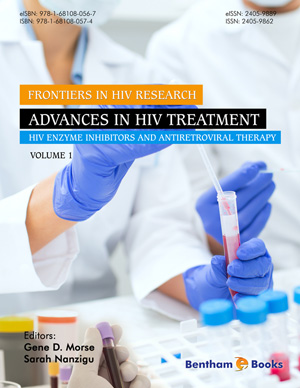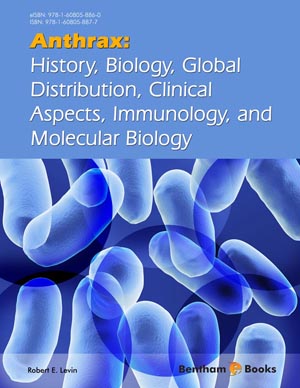Abstract
AIDS (Acquired immune deficiency syndrome) is caused by the retrovirus HIV (Human immune deficiency virus). HIV destroys T-cells which provide cellmediated immunity (CMI) to human beings. Like other viruses, HIV has a protein capsid and a core RNA genome. HIV infection causes severe damage to the immune system making it vulnerable to various infectious pathogens when the damaged immune system fails to fight the infection, resulting in the advanced stage called AIDS. Two types of HIV exist. HIV-1 is the causative organism of HIV infection worldwide with around 90% of infection. HIV-2 has been reported in a small group of people in western Africa. Both HIV-1 and HIV-2 lead to AIDS in their advance stages. The treatment of HIV infection and AIDS is a big challenge to medical sciences. Many drugs are available that can be used against HIV infection and AIDS. These drugs are known as antiretrovirals (ARVs). ARVs prevent replication of HIV inside the host cell gradually slowing down the progress of HIV infection. Therefore, antiretroviral drugs can prevent AIDS-related complicated diseases and prolong longevity. However, it does not fully restore health. The potential effect of HIV on our health is clearly exhibited by many immunologic abnormalities that occur despite effective suppression of HIV replication by ARVs. The cure for AIDS is still a distant future.
Keywords: HIV, T-cells, Cell-mediated immunity, AIDS, Antiretroviral, Vaccine etc.






















